This morning, at the National Assembly's group discussion session on the draft Law amending and supplementing a number of articles of the Law on Insurance Business, many delegates from the Hanoi delegation were concerned about the quality of personnel managing insurance enterprises as well as transparency in operations.
Improving the quality of senior human resources in insurance companies
Delegate Do Duc Hong Ha said that the standards for directors and general directors of insurance enterprises are one of the core factors to ensure financial safety and customer rights.
The draft currently stipulates that the person holding this position must have a university degree or higher in insurance or, if not, may have a degree in another field with an “insurance subject” or an insurance certificate.
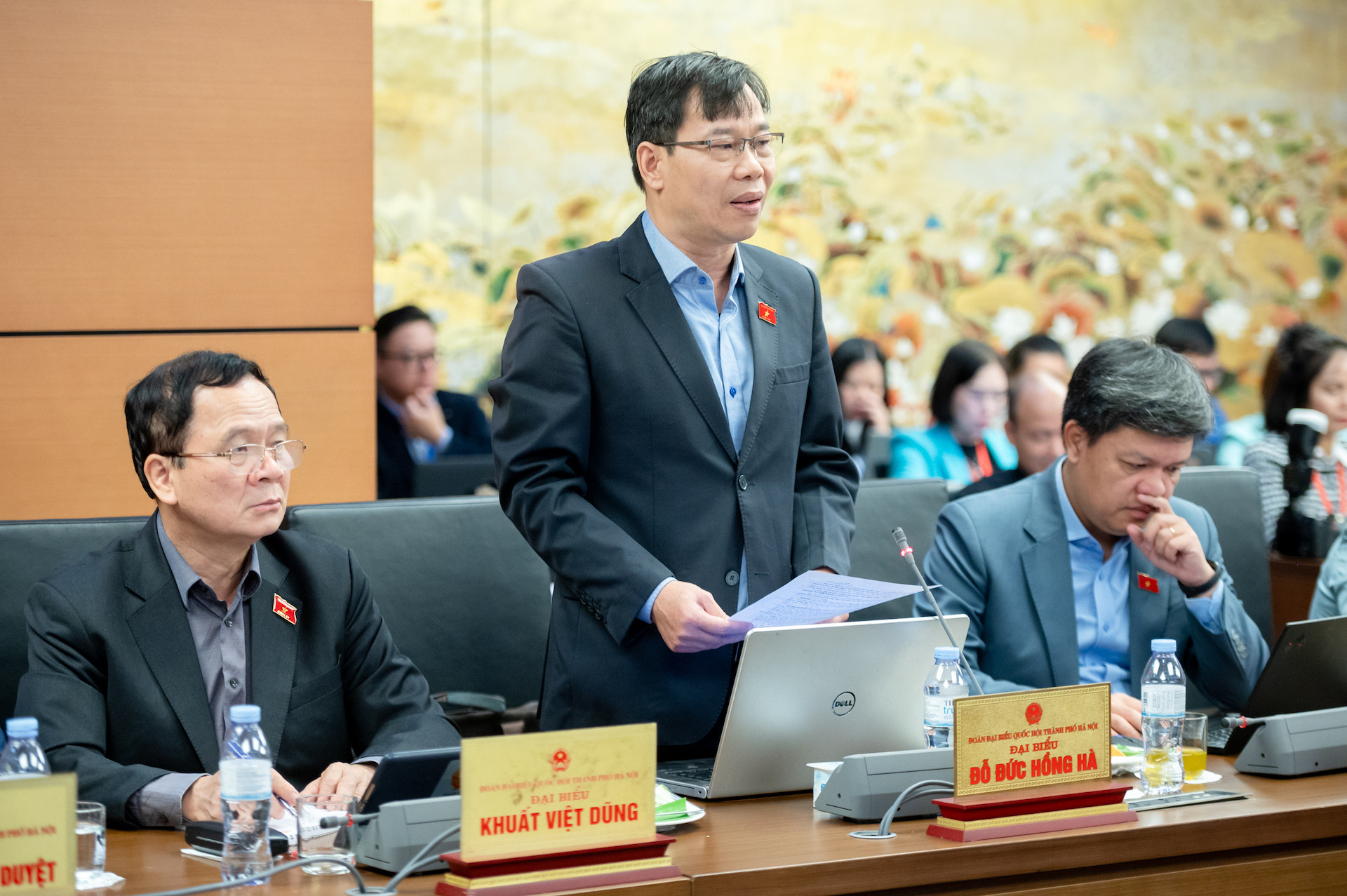 Delegate Do Duc Hong Ha: Insurance business operators must have a university degree or higher in insurance... Photo: Pham Thang
Delegate Do Duc Hong Ha: Insurance business operators must have a university degree or higher in insurance... Photo: Pham Thang
According to delegate Do Duc Hong Ha, the phrase “having a subject on insurance” is too general and lacks quantification, and cannot ensure that managers have enough basic knowledge for a complex financial field like insurance. A person who only studies a single subject is not enough to shoulder the responsibility of risk management and running a large-scale enterprise.
In addition, delegating all authority to regulate insurance certificates to the Minister of Finance without establishing a clear legal framework in law could lead to the risk of lowering risk management and senior management standards.
The delegate proposed: “The operator must have a university degree or higher in the field of insurance. In other cases, a university degree in one of the following fields is required: economics , finance, banking, law, business administration, with a certificate in insurance risk management or insurance business management issued by a legal training institution in the country or internationally.”
According to him, this will help improve the quality of senior personnel in insurance companies, avoid formal appointments, and at the same time protect the interests of insurance participants because they are directly affected by the management capacity of the executive team.
Regarding insurance brokerage, Mr. Ha emphasized that this is a conditional business, so business conditions must be regulated by law according to the Investment Law. The draft removing the current conditions and leaving it to the Government to regulate them all is not in accordance with legislative principles, can reduce transparency and create arbitrariness in management.
"The law should only assign the Government to regulate documents, procedures, and processes, while business conditions should be kept in the law to ensure strictness, consistency, and transparency," said the delegate.
Anti-discrimination, AI-based insurance pricing
Sharing the same concerns about transparency and legal compliance, delegate Ta Dinh Thi emphasized the need to specify regulations on the use and protection of big data and artificial intelligence (AI) in insurance activities. According to him, technology can help businesses analyze risks more accurately, design personalized products and detect fraud, but also pose the risk of personal data abuse if left unchecked.

National Assembly Delegate Ta Dinh Thi: Insurance is a special economic sector, closely linked to trust and data transparency.
Delegate Thi suggested that the drafting committee clarify the principles of data use, ensure full compliance with the Law on Personal Data Protection, avoid insurance pricing based on AI discrimination, and require algorithm transparency when applied in analysis and evaluation.
Besides, he also proposed adding a pilot mechanism for insurance products and models applying new technology.
“It is necessary to consider adding Article 5a on the policy of applying science and technology and digital transformation in insurance business. This regulation will cover the use of big data, AI, cybersecurity standards as well as pilot mechanisms. The Government is assigned to provide detailed regulations to promote the development of the insurance sector, contributing to socio-economic growth,” Mr. Thi emphasized.
According to the delegate, insurance is a special economic sector, closely linked to trust and data transparency. When technology deeply intervenes in the process of pricing, appraisal, and risk assessment, ensuring privacy and compliance with the law is a prerequisite to maintain people's trust.
Prevent insurance fraud
Delegate Pham Thi Thanh Mai expressed concern about the increasingly sophisticated situation of insurance fraud.
According to her, this is a global issue, directly affecting the interests of businesses and insurance participants. In the context of an increasingly expanding market, profiteering behavior can distort policies and cause people to lose confidence.
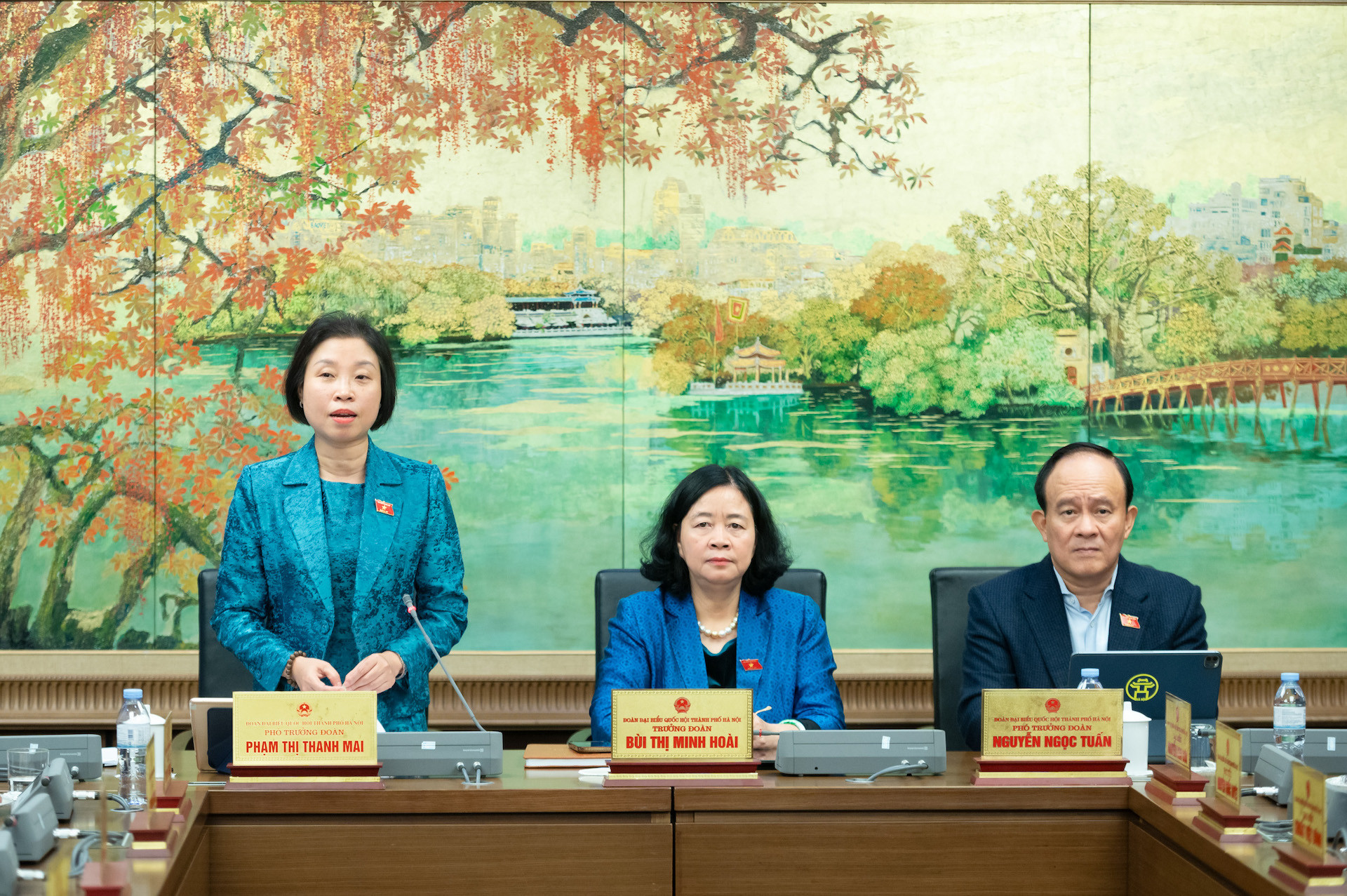
Delegate Pham Thi Thanh Mai: The inspection and supervision mechanism must be strong enough to prevent profiteering.
“There is a great need for stricter regulations on qualifications and certificates of assessors and insurance practitioners to ensure professionalism and fairness. The inspection and supervision mechanism must also be strong enough to prevent profiteering,” Ms. Mai emphasized.
Delegates requested the drafting agency to synthesize opinions on customer rights, personnel standards and market supervision, and clarify them during the process of perfecting the law to ensure transparency, fairness and long-term stability for the insurance business sector.
Source: https://vietnamnet.vn/chi-hoc-mot-mon-giam-doc-cong-ty-bao-hiem-khong-the-quan-tri-rui-ro-2458845.html



![[Photo] Fall Fair 2025 and impressive records](https://vphoto.vietnam.vn/thumb/1200x675/vietnam/resource/IMAGE/2025/11/03/1762180761230_ndo_br_tk-hcmt-15-jpg.webp)
![[Photo] Prime Minister Pham Minh Chinh receives the Chairman of the Japan-Vietnam Friendship Association in the Kansai region](https://vphoto.vietnam.vn/thumb/1200x675/vietnam/resource/IMAGE/2025/11/03/1762176259003_ndo_br_dsc-9224-jpg.webp)
![[Photo] General Secretary To Lam receives Singaporean Ambassador Jaya Ratnam](https://vphoto.vietnam.vn/thumb/1200x675/vietnam/resource/IMAGE/2025/11/03/1762171461424_a1-bnd-5309-9100-jpg.webp)
![[Photo] Lam Dong: Close-up of illegal lake with broken wall](https://vphoto.vietnam.vn/thumb/1200x675/vietnam/resource/IMAGE/2025/11/03/1762166057849_a5018a8dcbd5478b1ec4-jpg.webp)



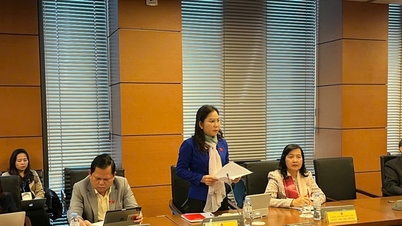

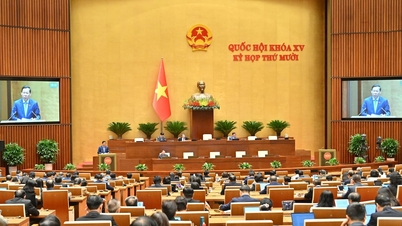

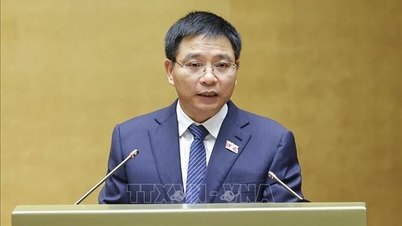

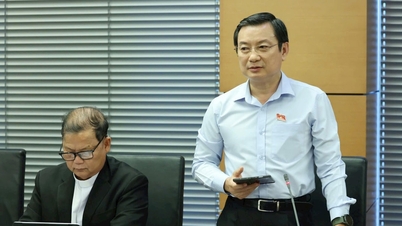
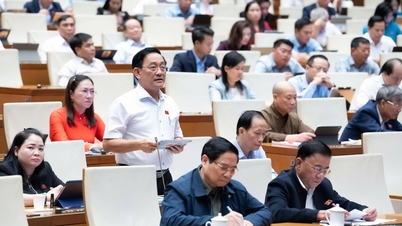
















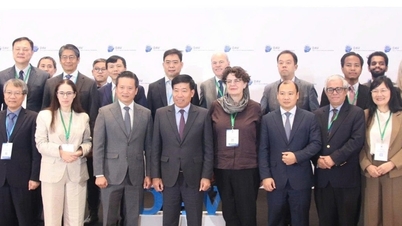









































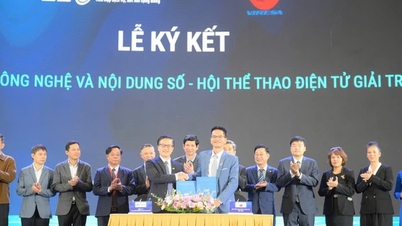




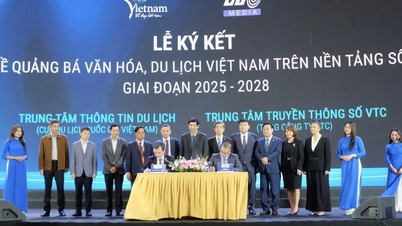



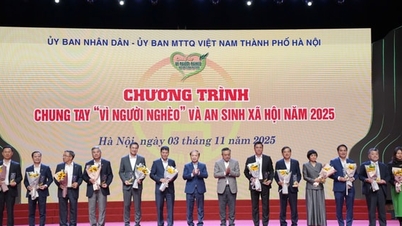


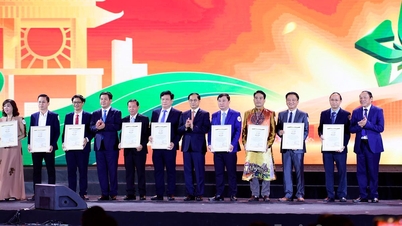

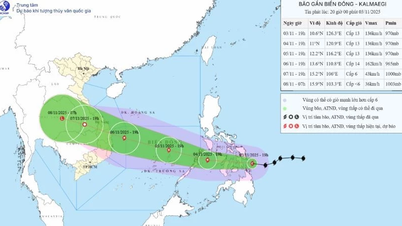















Comment (0)